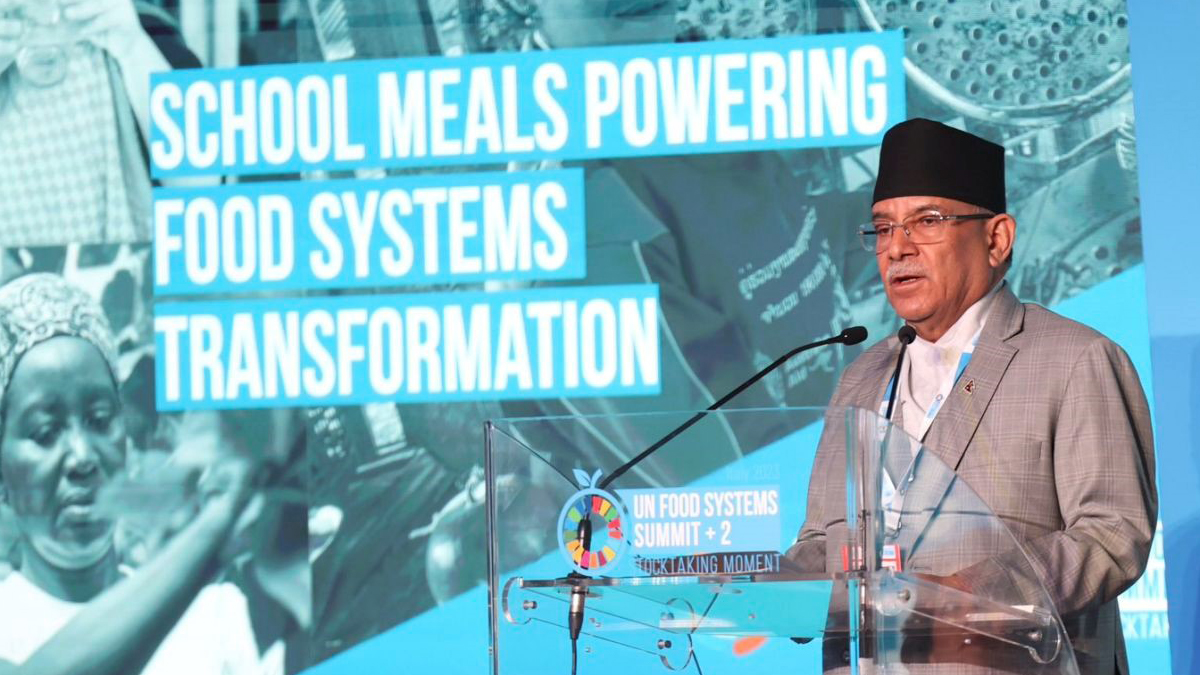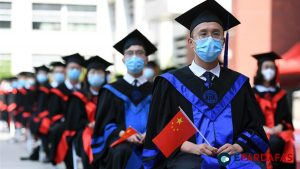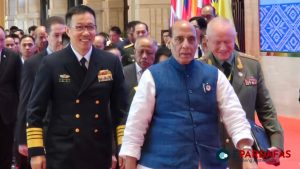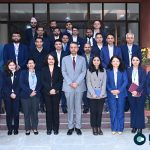
Prime Minister Prachanda Addresses UN Food Systems 2023 in Italy
Prime Minister Pushpa Kamal Dahal ‘Prachanda’ delivered a significant address at the United Nations Food Systems 2023 Stocktaking Moment in Rome, Italy. During his speech, he emphasized the crucial role of the School Meal Programme in Nepal, highlighting its positive impact on students’ health, academic performance, and overall well-being.
PM Prachanda expressed that school meal programs extend beyond providing nourishment and act as a catalyst for positive change in food systems. He further pointed out that in developing countries, especially the Least Developed Countries (LDCs) and Landlocked Developing Countries (LLDCs), such programs have effectively contributed to reducing dropout rates from schools.
Praising Nepal’s experience with the School Meal Programme, the Prime Minister referred to it as a success story. He highlighted that the program has successfully integrated agriculture, education, food security, nutrition, health, and sanitation, resulting in direct benefits for around 3.3 million children across the country, including girls. These children now enjoy daily access to the program’s benefits.
Moreover, PM Prachanda emphasized the impressive results of school nutrition, which has led to increased enrollment, improved attendance, and enhanced learning outcomes. The program’s holistic approach has proven to be instrumental in nurturing a healthier and more conducive learning environment for students in Nepal.
Prime Minister’s Full Speech:
Madam Moderator,
Excellencies,
Ladies and gentlemen.
I thank the UN Secretary-General, Rome-based UN agencies, and the Government of Italy for hosting this meeting.
Transforming food systems is crucial not only for food security but also for the full realization of all sustainable development goals. In this regard, UN Food Systems Summit in 2021 galvanized global ambitions.
Today, I have come with the hope that this first biennial stocktaking moment will focus on means of implementation to match those ambitions and pledges.
It is important that we address the bottlenecks in every sector for making a leap towards zero hunger. School meal is such an area that has a tremendous transformational impact.
In the first part of 2020, more children had access to school meals globally than at any time in human history. However, this progress was derailed by the COVID-19 pandemic, supply shocks and shrinking fiscal space.
As we are recovering from the pandemic, it is important that we redouble our efforts to scale up school feeding programmes. Special attention needs to be given to countries with smaller resource bases.
Excellencies,
School meal programs play a critical role in promoting student health, academic performance, and overall well-being. They go beyond providing nourishment, acting as a catalyst for positive change in food systems.
In developing countries, including LDCs and LLDCs, they have also contributed to reducing the dropout rates from school.
Nepal’s experience with school feeding is a success story. It has integrated agriculture, education, food security, nutrition, health, and sanitation in the best way. As such, 3.3 million children, including girls, all over the country are directly benefitting every day from the programme. We have seen impressive results in school nutrition in boosting enrollment, attendance, and learning outcomes.
We have quadrupled the budget in the last five years for this purpose. In the current fiscal year, we have allocated 6 per cent of the total education budget to school meals. We are committed to further scaling up investment and resources for this important safety net.
Following the UN Food Systems Summit in 2021, we organized national and provincial level food systems dialogues with relevant stakeholders to examine the existing food systems, understand vulnerabilities, and design pathways to transform them.
We then prepared Food Systems Transformation Strategic Plan (2022-2030), to streamline and link the actions with Sustainable Development Goals. Nepal also joined the School Meals Coalition in 2021 to improve the quality, adequacy, coverage and sustainability of the school meals programme.
We are also strengthening the capacity of local government to implement and monitor the programmes.
Madam Chair,
As we gear up to graduate from LDC by 2026, my government is striving towards establishing a sustainable home-grown school feeding model and expanding local food production to ensure a diversified and nutritious food supply to School Meals. In doing so, we support small-scale local agriculture development and also help improve the health, nutrition and education of our children.
We sincerely appreciate the UN System, our development partners and key stakeholders for their strong commitment to assisting us to transform our food systems and achieve SDGs by 2030.
Together, let us embrace this transformative journey, working hand in hand to provide our children with nutritious meals, quality education, and a sustainable future.
I thank you.
- PM Oli Urges Investment Amid Economic Reforms, Promises Stability and Prosperity
- Nepali Congress Rejects Loans Under China’s BRI, Pushes for Grant Assistance Ahead of PM Oli’s Visit to Beijing
- Saudi Arabia’s Forward7 Initiative Partners with Sistema.bio to Revolutionize Clean Energy Access in Nepal and Indonesia
- Nepal Caught in China’s BRI Crossfire: Diplomatic Push Sparks Concerns Over Sovereignty and Debt













Comments